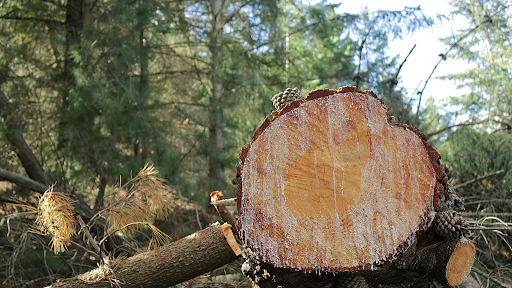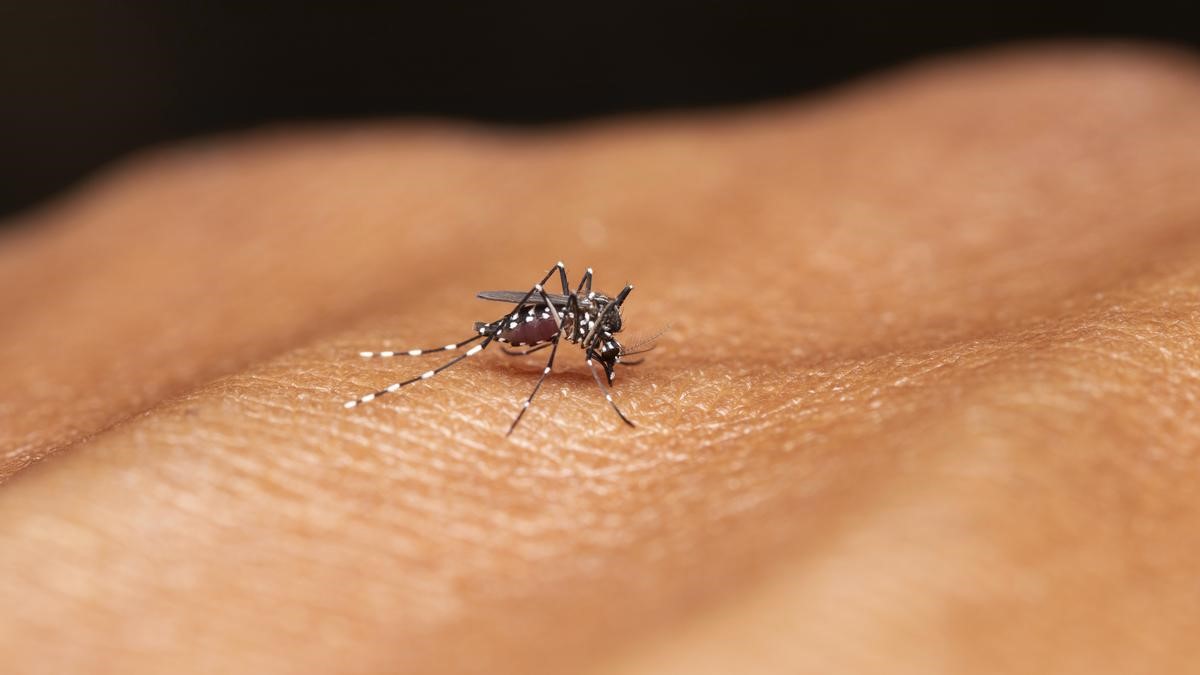Description
Context: An initiative of the Khadi and Village Industries Commission (KVIC), Project RE-HAB (Reducing Elephant-Human Attacks using Bees) intends to create “bee fences” to thwart elephant attacks in human habitations using honeybees.
- This is how the authorities intend to mitigate human-elephant conflict that seems to continue unabated in Kodagu and other parts of Karnataka region.
Need: Between 2015 and 2020, nearly 2,500 people have lost their lives in elephant attacks across India.
Project Re-Hab
- Project RE-HAB is a sub-mission of KVIC’s National Honey Mission.
- This project entails installing bee boxes along the periphery of the forest and the villages with the belief that the elephants will not venture anywhere close to the bees and thus avoid transgressing into human landscape.
- This idea stems from the elephants’ proven fear of the bees.
- The selected spots are located on the periphery of Nagarahole National Park and Tiger Reserve, known as conflict zones.
- The total cost of the project is ₹15 lakh.
- The bee boxes are set up in the passage ways of human-elephant conflict zones to block the entrance of elephants to human habitations.
- The boxes are connected with a string so that when elephants attempt to pass through, a tug causes the bees to swarm the elephant herds and dissuade them from progressing further.
- Bee boxes have been placed on the ground as well as hung from the trees.
- High resolution, night vision cameras have been installed at strategic points to record the impact of bees on elephants and their behaviour in these zones.
- The biggest advantage of Project RE-HAB is that it dissuades elephants without causing any harm to them.
- Besides being extremely cost-effective as compared to various other measures such as digging trenches or erecting fences.
National Beekeeping & Honey Mission (NBHM)
- It aims to achieve the goal of ‘Sweet Revolution’ as part of Atmanirbhar Bharat Abhiyaan.
- It is being implemented through National Bee Board (NBB).
- Objective of NBHM: Promote holistic growth of beekeeping industry for income & employment generation for farm and non-farm households, to enhance agriculture/ horticulture production, developing infrastructural facilities, including setting up of Integrated Beekeeping Development Centre (IBDC)s/CoE, honey testing labs, bee disease diagnostic labs, custom hiring centres, Api-therapy centres, nucleus stock, bee breeders, etc. and empowerment of women through beekeeping.
Khadi and Village Industries Commission (KVIC)
- It is a statutory body formed in April 1957 (During 2nd Five Year plan)by the Government of India, under the Act of Parliament, 'Khadi and Village Industries Commission Act of 1956'.
- It is an apex organisation under the Ministry of Micro, Small and Medium Enterprises, with regard to khadi and village industries within India.
- It seeks to - "plan, promote, facilitate, organise and assist in the establishment and development of khadi and village industries in the rural areas in coordination with other agencies engaged in rural development wherever necessary."
- In April 1957, it took over the work of former All India Khadi and Village Industries Board.
Asian Elephant
- It is distributed througout the Indian subcontinent and Southeast Asia, from India in the west, Nepal in the north, Sumatra in the south, and to Borneo in the east.
- The Asian elephant is the largest living land animal in Asia.
- Since 1986, the Asian elephant has been listed as Endangered on the IUCN Red List, as the population has declined by at least 50 percent over the last three elephant generations, which is about 60–75 years.
- It is primarily threatened by loss of habitat, habitat degradation, fragmentation and poaching.
- The Asian elephant is listed on CITES Appendix I.
- CITES (the Convention on International Trade in Endangered Species of Wild Fauna and Flora, also known as the Washington Convention) is a multilateral treaty to protect endangered plants and animals.
https://www.thehindu.com/news/national/karnataka/pitting-david-against-goliath/article34078099.ece?homepage=true










